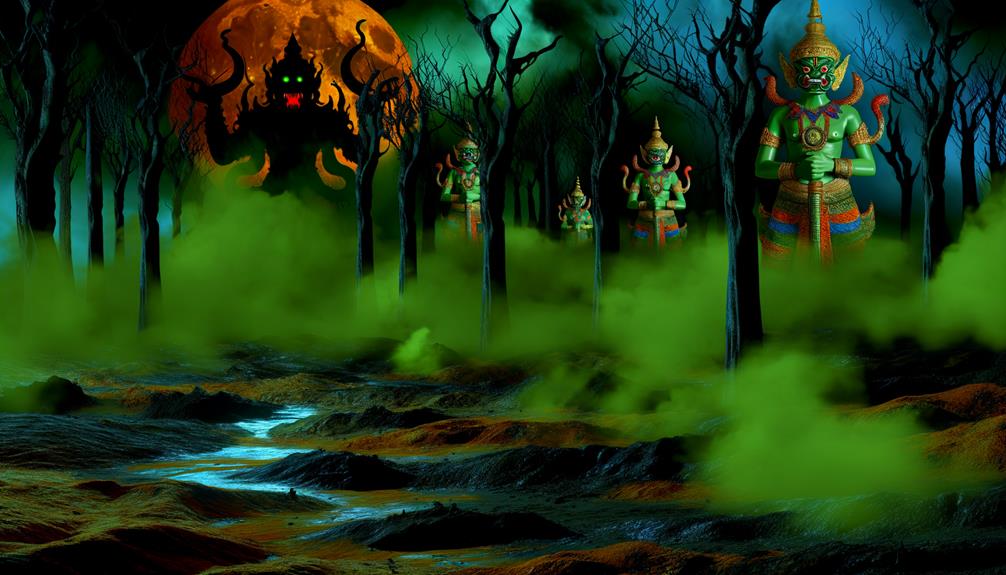Have you ever been in the middle of a dream only to suddenly wake up and wonder if it really only lasted 3 seconds? This intriguing mystery has been debated among scientists for years.
In this article, we’ll take a look at the science behind sleep cycles and dreaming, examine the evidence, and explore potential explanations for why we might think our dreams last only 3 seconds.
By the end, you’ll have a better understanding of your own dreams.
Sleep Cycles and Dreaming
You’ll often hear that dreams only last for three seconds, but is that really true? Let’s take a closer look at sleep cycles and dreaming to unravel this intriguing mystery.
It’s important to understand that not all sleep is the same – it consists of different phases and stages. During sleep, your brain cycles through four stages of non-rapid eye movement (NREM) sleep, and one stage of rapid-eye movement (REM) sleep. During the REM stage, your brain is most active and this is when dreaming occurs.
Dream recall is the ability to remember dreams, and it’s related to the length of time spent in REM sleep. Generally, the longer you spend in REM sleep, the more likely it’s that you’ll remember your dreams. So, if you have a longer REM sleep, your dream may last longer than just three seconds.
The amount of time spent in each stage of sleep can vary, so it’s possible to experience a longer or shorter dream depending on the sleep cycle. While the three-second rule may be an oversimplification, it’s still a popularly held belief.
Ultimately, more research is needed to definitively answer the question of how long dreams last. Until then, the mystery continues.
What the Science Says
You and the science both agree that dreams may not just last three seconds. While it’s true that the duration of a dream can vary from a few seconds to a few hours, research has revealed that the average dream usually lasts between five and 20 minutes. What’s more, researchers have found that dreaming effects can be felt after the dream is over, and can influence our waking behavior and emotions.
| Dreaming Effects | Dream Interpretation |
|---|---|
| Can influence behavior and emotions | Varies greatly based on individual’s life experiences and culture |
| Can vary in intensity | Can be used to gain insight into our subconscious |
| Can remain with us for a while after waking | Can provide valuable clues to our mental and emotional health |
In terms of dream interpretation, there are many different approaches, and it varies greatly based on an individual’s life experiences and culture. It’s important to note that dream interpretation is largely subjective and often relies on our own perceptions and interpretations. That said, there are certain common themes that many people experience in their dreams, such as feeling lost, being pursued, or having a recurring dream.
Dreams can provide us with valuable clues to our mental and emotional health, and can be used to gain insight into our subconscious. This can help us identify and process any unresolved issues, gain clarity on our relationships, gain inspiration, and strengthen our understanding of our own identity. By understanding the science behind dreaming, we can better understand the power of our subconscious and its potential to shape our lives.
Examining the Evidence
You and the evidence both suggest that dreams don’t always only last three seconds. While this three-second notion has been around for centuries, there are alternate theories and evidence that suggest that dreams can last much longer. To explore these alternate theories, let’s take a closer look at the evidence.
Dreams are often filled with symbolism, and studies have shown that this symbolism can often be associated with things that happened during the day. This indicates that dream sequences can last longer than three seconds and may be a way for your mind to process the events of the day. Additionally, dreams may also be a way for your mind to work through unresolved emotions or experiences.
Dreams can also be affected by external factors such as sound, light, and temperature. This suggests that the content of your dream is more intricate and complex than three seconds would allow. Furthermore, some scientific studies have found that the amount of REM sleep – the stage of sleep associated with dreaming – increases with the length of the dream, which further supports the idea that dreams can last longer than three seconds.
The evidence suggests that dreams can last much longer than three seconds. While some people may dream in short bursts, the majority of dreams are likely longer, more complex, and filled with symbolism. As more evidence is gathered, it’s likely we’ll continue to unravel the mystery of dream length.
Possible Explanations
Scientists have proposed several possible explanations for why some people believe that dreams only last three seconds.
One popular theory suggests that dreams are symbolic, and that it takes a few seconds for the dreamer to interpret the symbols presented in the dream. For example, a dream about a car could represent a journey or movement, a dream about a house could represent security, and a dream about a storm could represent upheaval. Dream interpretation can be a complex process, requiring the dreamer to consider the contexts and symbols in the dream, so it’s possible that this process could take several seconds to complete.
Another explanation for why some people believe that dreams only last three seconds is the idea of a dream being like a snapshot. In this interpretation, dreams can be thought of as brief moments in time that capture the dreamer’s thoughts and emotions. The dream is then quickly forgotten and replaced by waking life. This theory suggests that dreams can be incredibly vivid and meaningful, but they’re still fleeting, existing only for a few seconds before the dreamer wakes up.
Finally, some people believe that dreams only last three seconds due to the idea that a dream is a process of rapid-fire thoughts and images that occur as the dreamer sleeps. In this case, the dream is experienced in the moment, but it’s not something that the dreamer can linger on or remember in detail. This explanation suggests that dreams can still be meaningful experiences, even if they only last for a few seconds.
Understanding Our Dreams
Exploring your dreams and understanding their symbolism can help you gain insight into their mysterious nature. Dreams can be seen as a reflection of our unconscious beliefs and experiences. By paying attention to the symbols and messages present in our dreams, we can gain greater clarity and understanding of our lives.
Creative symbolism is often used to represent the many facets of our innermost thoughts and feelings. For example, a dream about a waterfall could symbolize the need to let go of something in your life.
It may also be helpful to reflect on how you felt during the dream. This can be a great way to gain further insight into the unconscious meaning of the dream. If you felt scared or anxious, it could relate to an underlying fear or insecurity. On the other hand, if you felt joy and excitement, the dream could be a sign of positive change or growth that’s taking place in your life.
Dreams have the potential to offer us profound insight into our own emotions, beliefs, and experiences. By taking the time to reflect on our dreams and consider the creative symbolism that appears in them, we can better understand their mysterious nature.
Frequently Asked Questions
How Can I Remember My Dreams Better?
You can improve your dream recall by keeping a dream journal. Write down any details you remember after waking up, even if they seem insignificant. This helps to create a pattern that will aid in remembering future dreams.
How Much Sleep Do I Need to Have Dreams?
To have dreams, you need to understand sleep cycles and get enough sleep. Usually, adults need 7-9 hours of sleep each night to enter deeper sleep stages and experience dreaming. Dream symbolism can also help you remember your dreams better.
Is It Normal to Have Nightmares?
It is normal to have nightmares. Dream symbolism can help you understand the deeper meaning behind them, while lucid dreaming can help you gain control over your nightmares.
Is There a Way to Control My Dreams?
You can control your dreams with the practice of lucid dreaming, where you become aware of your dreams and use dream symbols to make decisions in the dream. Try to recognize the dream signs as you’re dreaming and use them to gain control.
Is Dreaming Linked to My Emotional Health?
Yes! Dreaming is linked to your emotional health. Creative visualization and lucid dreaming can be used to explore your feelings and gain insight into yourself.
Conclusion
It seems that the mystery of how long dreams last is still unsolved. While there’s some evidence that they could last up to an hour, the fact remains that most dreams only last 3 seconds.
We can only speculate as to why this is, but however long our dreams are, they still have the power to offer us insight and understanding of ourselves and our lives.
So let’s embrace our dreams with open arms and see what we can learn.



